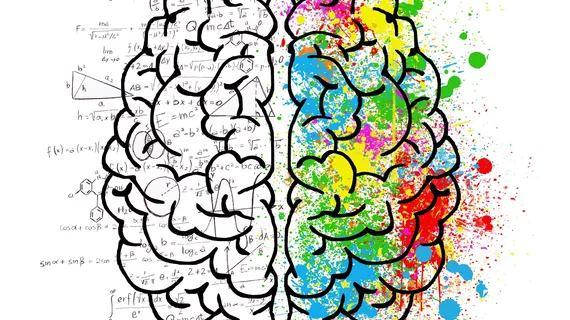AI platform expected to improve medical image analysis, expand ALS research
A new international partnership is focused on using AI technology to take a closer look at the human brain and advance amyotrophic lateral sclerosis (ALS) research.
Aiforia Technologies, a Finnish AI technology company, has teamed up with Knoxville, Tennessee-based NeuroScience Associates (NSA Labs) to investigate this fatal disease. The partnership between began when the brain and spinal column of someone close to NSA Labs was donated for ALS research. NSA Labs specializes in neurodegenerative diseases and plans to develop a new reference dataset to learn more about ALS. The company’s leaders, looking for more advanced solutions, knew Aiforia’s AI and cloud capabilities were a perfect fit for what they wanted to accomplish.
“The AI-powered platform from Aiforia enables us to view and analyze the brain in ways that we were not able to before,” Britt Massei, CEO and CFO at NSA Labs, said in a prepared statement. “The Aiforia platform also allows us to store and manage the incredibly complex and large images produced from the brain samples.”
“Aiforia's mission is to provide global access to AI-powered image analysis directly to pathologists, scientists and healthcare professionals to enable them to make new discoveries and to understand disease mechanisms better,” Kaisa Helminen, CEO of Aiforia, said in the same statement. “The NSA Labs project aims to shed light on this devastating disease and we are proud to help NSA on their journey to discovery.”

